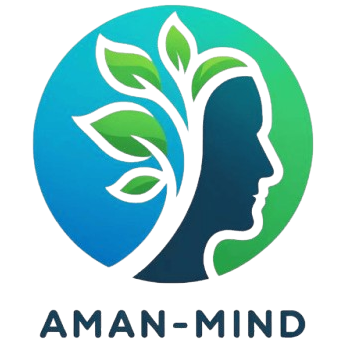Language and Learning Disorders: A Common Concept, But Is It Clear to Everyone?
Language and learning disorders are increasingly common conditions that significantly impact an individual’s ability to communicate and achieve academically. These disorders encompass a range of issues that may affect reading, writing, and speaking skills.
In this article, we will explore the types of these disorders, their causes, and the importance of early intervention.
### What Are the Types of Language and Learning Disorders?
1. **Language Disorders**:
- **Expressive Language Disorder**: Characterized by difficulty in expressing thoughts accurately, which affects effective communication.
- **Receptive Language Disorder**: Individuals struggle to understand spoken or written language, hindering the learning process.
2. **Learning Disorders**:
- **Dyslexia**: Difficulty in reading words and understanding texts, despite average intelligence.
- **Dysgraphia**: Challenges in writing correctly, including spelling and organizing thoughts coherently.
- **Dyscalculia**: Difficulty in understanding mathematical concepts and performing calculations.
### What Causes Language and Learning Disorders?
There are various factors that can lead to language and learning disorders, including:
1. **Genetic Factors**: Studies suggest that some disorders may be hereditary, meaning family history can play a role.
2. **Environmental Factors**: Exposure to an unsuitable educational environment or a lack of linguistic stimulation during childhood.
3. **Neurological Issues**: Brain-related problems that affect information processing.
### Why Is Early Intervention Important?
Early intervention is essential for treating language and learning disorders. The earlier these disorders are identified, the better the chances for improving a child’s skills.
### What Does Effective Intervention Involve?
1. **Language Therapy**: Helps individuals develop communication skills through targeted exercises.
2. **Academic Training**: Specialized programs to improve reading and writing, focusing on effective learning strategies.
3. **Psychological Support**: Providing emotional and social support helps individuals cope with the pressures associated with these disorders.
### In Conclusion
Language and learning disorders are not permanent barriers but challenges that can be overcome with appropriate support and early intervention. It is essential to be aware of these disorders and work together as individuals and communities to support those affected, promoting equal opportunities for everyone in education and life.




